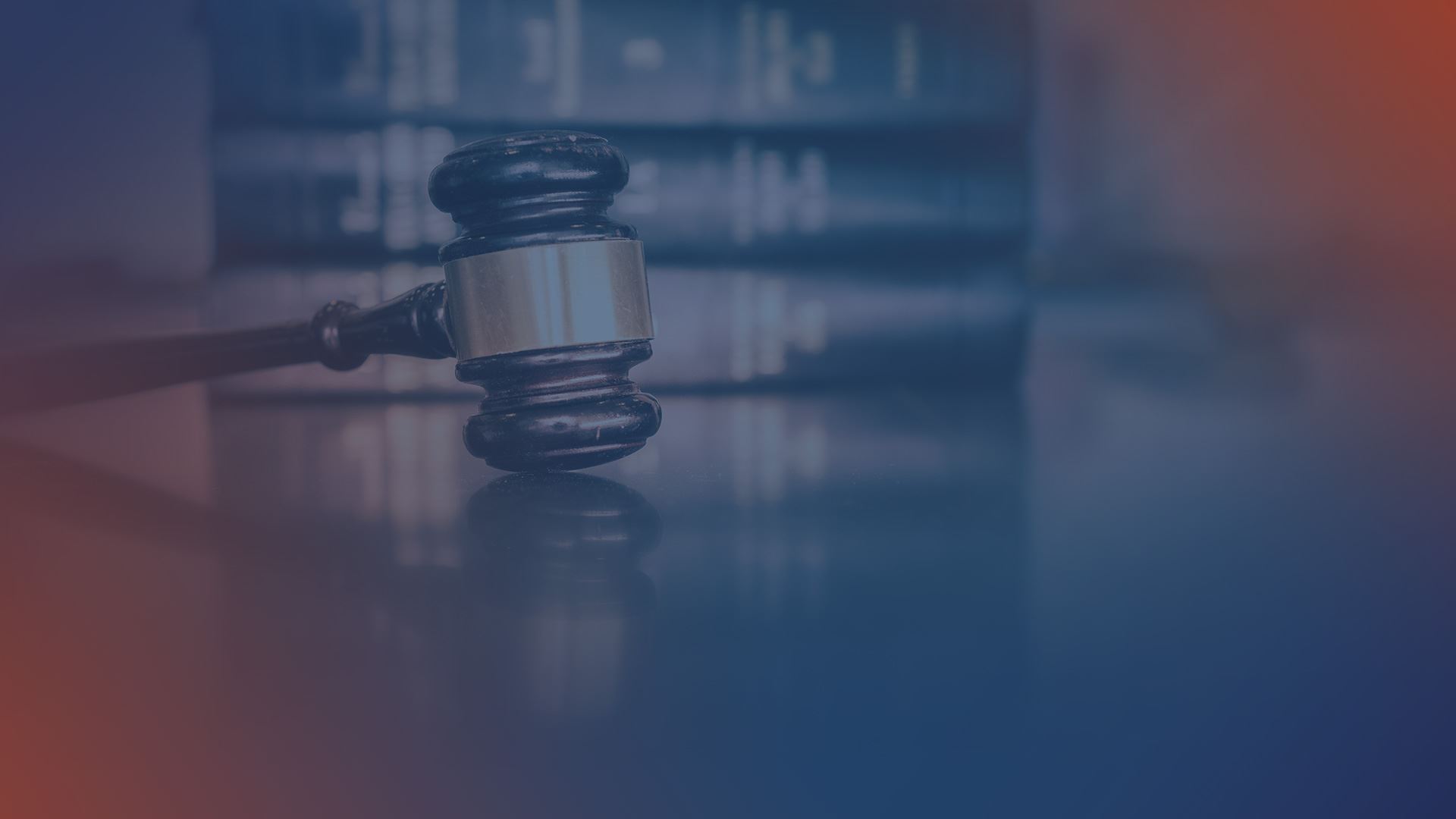The Line Between Mistakes and Consequences
Youth is all about learning, isn’t it? For the most part, teenagers get the space to figure things out, stumble, and grow. But what happens when those stumbles collide with the law? How society decides to handle these moments can deeply affect a young person’s future, especially when it comes to the justice system.
How the Juvenile Court System Works
The juvenile court system operates differently from its adult counterpart. It understands that kids and teens aren't just "smaller adults." Their decision-making and emotional maturity are still taking shape. This system emphasizes guidance and rehabilitation over punishment, aiming to help young offenders get back on track. Probation, community service, or placement in juvenile facilities are common outcomes.
Protecting a juvenile's privacy is another priority. Court records are usually sealed or confidential, allowing minors to eventually move forward in life without the burden of a public criminal record. This comes in stark contrast to the adult system, where penalties often linger for life.
Even when juvenile actions are serious, the court’s primary focus remains on addressing the "why" behind the behavior. By offering counseling, family interventions, or educational programs, the goal is to reduce repeat offenses and foster personal growth. These intentional decisions set the juvenile justice system apart.
The Reality of Adult Court for Juveniles
When a minor gets sent to adult court, everything changes. This system isn’t designed with young people in mind. Adult court proceedings revolve around punishment—with harsher penalties, public records, and minimal focus on factors like rehabilitation or emotional well-being.
For juveniles, this experience can be overwhelming. Beyond the stress of public exposure, the sentences are more severe, and the protection a juvenile court might offer is gone. A conviction in adult court can lead to a permanent criminal record, stripping a young person of opportunities for education, employment, and a fresh start.
When minors face adult charges, they’re thrust into a system they may not fully understand, surrounded by rules and consequences meant for much older offenders. This makes robust legal support absolutely essential to ensure fair treatment and minimize the long-term impact on young lives.
Why Some Juveniles Are Tried as Adults
Determining whether a juvenile should face adult charges often depends on three factors.
Age
Each state has different laws regarding at what age minors can be tried as adults. While most have set the bar between 14 and 17, some stretch beyond this. For instance, in certain rare cases, children as young as 10 could face adult charges, depending on the state.Seriousness of the Crime
Violent crimes like murder, sexual assault, and armed robbery are the most likely to push juveniles into adult courts. Judges may also consider sending a minor to adult court after years of repeat offenses, especially if rehabilitation in the juvenile system hasn’t worked.Prosecutorial and Judicial Decisions
Prosecutors hold a lot of power in deciding whether juveniles face adult charges. They assess the offense details, the minor’s history, and other factors before making recommendations. Judges can also issue rulings, called “judicial waivers,” that transfer cases to adult courts. This kind of decision-making introduces unpredictability—and disparities—in the justice process.
The Impact of Being Tried as an Adult
For teenagers in adult courts, the consequences go far beyond their sentencing. The psychological and social effects can be profound. Imagine being 16 and placed in an adult detention facility, surrounded by older, hardened individuals. It can be a traumatic experience that scars long after a sentence is served.
There’s also the stigma. A public criminal record can isolate a minor from their peers and community, making reintegration an uphill battle. And then comes the practical setbacks: hurdles in landing a job, getting accepted into college, or even earning basic trust from others. For many young offenders, the ripple effects of adult court decisions make rebuilding their lives seem impossible.
The Road to Reform
Thankfully, not everyone agrees with charging juveniles as adults. A growing number of advocacy groups and reform efforts are shifting the conversation, highlighting how current practices often harm more than they help. These initiatives aim to raise the minimum age for adult charges and encourage alternatives that focus on rehabilitation over punishment.
Creative programs like teen courts, community-based solutions, and restorative justice practices are gaining traction. These approaches offer ways to hold young offenders accountable without ruining their futures. They’ve already shown success in reducing recidivism rates and helping youth build better lives.
By focusing on education, counseling, and accountability, these alternatives give adolescents the second chance they often need to reach their full potential.
Protecting Their Future
Navigating the legal system can feel overwhelming, especially when so much is at stake for a young person. At Knowles Law Firm, PLC, we understand how vital it is to protect the rights and future of minors facing charges. Our experienced team in Scottsdale, AZ, is dedicated to providing compassionate, results-driven legal defense.
If you or someone you love has a minor facing the possibility of adult charges, don’t leave their future to chance. Call (602) 702-5431 today. Together, we’ll work to ensure their rights are upheld and their potential isn’t lost.

.2506161939137.jpg)